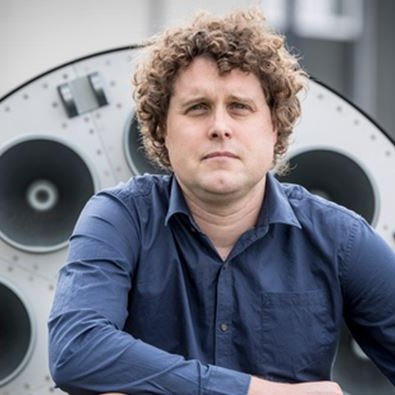Nov 15, 2024
Shares of Rocket Lab USA, headquartered in Long Beach, California, hit an all-time high on Friday, catapulting the net worth of its New Zealand-born founder and CEO, Peter Beck, to an estimated $1 billion for the first time, according to Forbes. The company, specializing in rockets, satellites, and other spacecraft for government and commercial customers, has experienced a remarkable stock surge of over 300% in the past year. Beck’s 10% stake in the company is now valued at nearly $970 million, with an additional $65 million earned from previous share sales.
Rocket Lab’s stock soared by almost 30% on Wednesday following several key announcements: a record revenue forecast of $125 million to $135 million for the fourth quarter of 2024, a multi-launch agreement for the company’s next-generation reusable rocket, Neutron, and a groundbreaking proposal with NASA to retrieve samples from Mars and bring them back to Earth.
“There’s a lot of excitement around the Neutron rocket, which is significantly larger than Rocket Lab’s current Electron vehicle,” said Andres Sheppard, an analyst at Cantor Fitzgerald. “The Neutron will compete with SpaceX’s rockets and dramatically improve the company’s economics. Rocket Lab is already the third most frequent orbital launcher globally, behind SpaceX and the Chinese government, and it’s the only one accessible through public markets.”
Peter Beck’s Journey to Success
Peter Beck, 47, is a self-taught aerospace engineer who skipped college to pursue his passion for rocket science. He began his career in 1993 as an apprentice at Fisher & Paykel, a New Zealand appliance manufacturer. Over a decade, he advanced through roles in precision engineering, production machinery, and product design while building rockets in his free time. In 2003, Beck joined a government research institute, leading programs in wind turbine and superconductor technologies before founding Rocket Lab in 2006.
In 2009, Rocket Lab made history with the launch of Atea-1, the first commercially-developed rocket to reach space from the Southern Hemisphere. The company moved its headquarters to the United States in 2013 and began developing the Electron launch vehicle in 2014. Since its first mission in 2017, Rocket Lab has completed 49 successful missions, launching 197 small spacecraft into orbit—a record in the small satellite industry.
Public Market Success and Strategic Moves
Rocket Lab went public in August 2021 during the SPAC boom, merging with a special purpose acquisition company in a deal that valued the company at $4.1 billion—nearly triple its $1.4 billion valuation from a 2018 funding round. Major early investors included Khosla Ventures, Bessemer Venture Partners, and Australia’s sovereign wealth fund, which collectively acquired almost 50% of the company through five funding rounds since 2013.
Beck initially owned 12% of Rocket Lab and has sold shares selectively, including $10 million in 2019 and $30 million during the 2021 SPAC merger. In 2023, he sold a nearly 1% stake for $20 million when the company’s stock was trading at $5.62 per share. Despite market challenges, Beck stated he had no intention to sell additional shares at that time, and he has since retained his holdings. With Rocket Lab’s stock price now at a record $19.00 per share, his decision has paid off significantly.
A Growing Challenger to SpaceX
While Rocket Lab generated $245 million in revenue in 2023—far less than SpaceX—Beck remains confident in his company’s trajectory. “SpaceX is the largest space company in the world, and Rocket Lab is increasingly being recognized as a strong number two,” Beck told CNBC. “As the two companies begin to look more similar in capabilities, it’s natural to see the valuation gap narrow over time.”
With its focus on innovation, new launch capabilities, and a burgeoning reputation as a reliable space services provider, Rocket Lab is solidifying its place in the highly competitive space industry.

